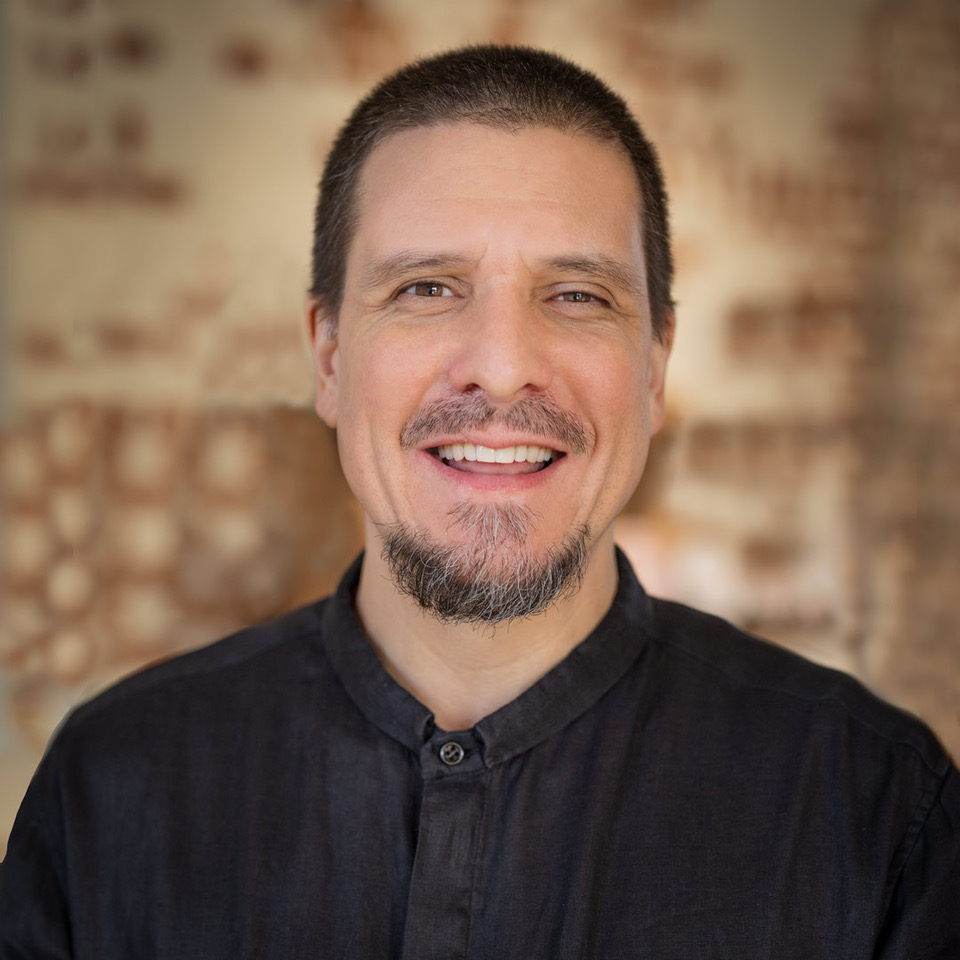Boiled Tea
Start learning how to boil tea.
Boiling tea is the oldest brewing method, dating back thousands of years. Boiling tea leaves is very enjoyable, relaxing and powerful as a medicinal or spiritual approach to tea as well. It is delicious, offering aspects of our teas we aren’t used to when we steep them. This course will be more of a technical approach to all the history and methods used to boil tea.
Watch all the videos at your own pace, in your own home.
There is no schedule: pause and take notes, pick up later, learning in your own way!
Get all the tea & teaware you need to start boiling with us.
If you would like a free scholarship to a course, please contact us at [email protected]. At Global Tea Hut we work to make tea accessible regardless of financial status. Our doors are always open to everyone.

For more than twenty-five years Wu De has dedicated himself to the study of Cha Dao and Zen in all their forms. Aaron Fisher was born in a very small town in Ohio and grew up practicing martial arts, which first introduced him to Eastern practices. In college, he studied anthropology and Asian philosophy. At that time, he also began a meditation practice, which ultimately led him to India upon graduation. After a few years in India, he traveled Asia, eventually settling in Japan and then Taiwan, where he has continued his studies of meditation and tea ceremony to this day. “Wu Wei Hai” is his dharma name, representing a commitment to Zen practice. “Wu De” is a shortened form of that.